Recommended Translation: Rousseau, Jean-Jacques. On the Social Contract, with Geneva Manuscript and Political Economy. Edited by Roger D. Masters and translated by Judith R. Masters. New York and Boston: St. Martin's Press, 1978.
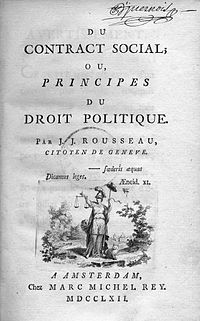

Recommended Translation: Rousseau, Jean-Jacques. On the Social Contract, with Geneva Manuscript and Political Economy. Edited by Roger D. Masters and translated by Judith R. Masters. New York and Boston: St. Martin's Press, 1978.
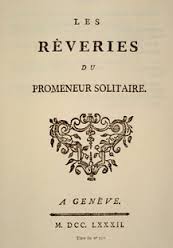
Recommended translation: Rousseau, Jean-Jacques. The Reveries of the Solitary Walker. Edited and translated by Charles E. Butterworth. Indianapolis: Hackett Publishing Co., 1992.
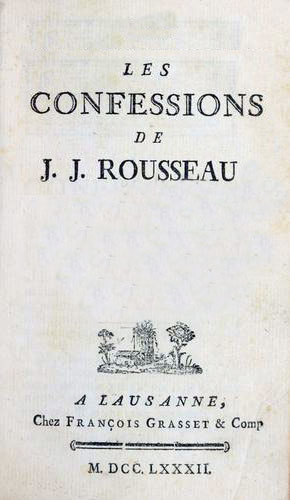
Recommended translation: Rousseau, Jean-Jacques. Confessions. In The Confessions and Correspondence, Including the Letters to Malesherbes. Vol. 5 of The Collected Writings of Rousseau, edited by Christopher Kelly, Roger D. Masters, and Peter Stillman, translated by Christopher Kelly, 1–550. Hanover, NH: University Press of New England, 1995.
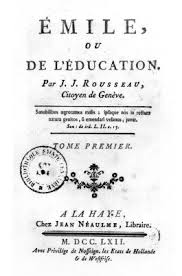
Recommended translation: Rousseau, Jean-Jacques. Emile, or On Education. Edited and translated by Allan Bloom. New York: Basic Books, 1979. Originally published in 1762.
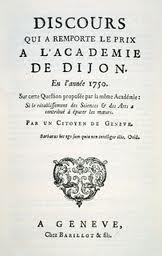
Recommended Translation: ‘First Discourse,’ in Rousseau: The Discourses and other early political writings, ed. and trans. by Victor Gourevitch (Cambridge: Cambridge University Press, 1997), 1-28.
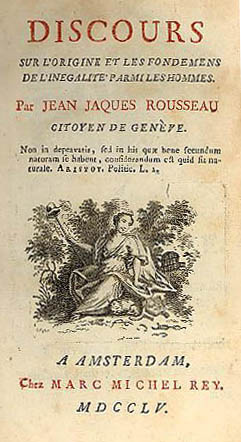
Recommended translation: Rousseau, Jean-Jacques. “Second Discourse.” In Rousseau: The Discourses and Other Early Political Writings, 2nd ed., edited and translated by Victor Gourevitch, 111–222. Cambridge: Cambridge University Press, 2019.

Julie, Or, The New Heloise: Letters of Two Lovers Who Live in a Small Town at the Foot of the Alps, translated and edited by Philip Stewart and Jean Vaché, University Press of New England, 1997. First published in 1761.